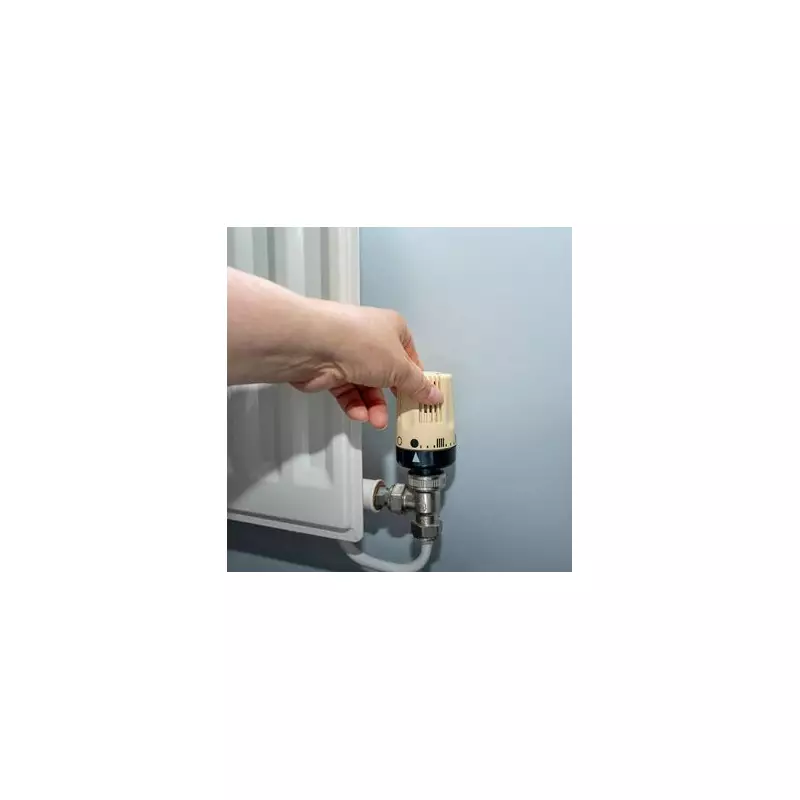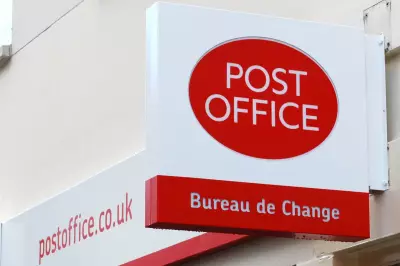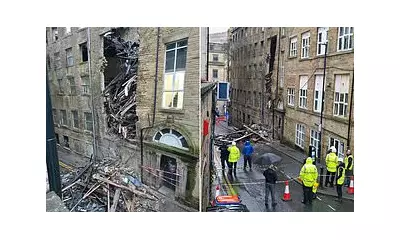
As energy prices continue to squeeze household budgets across Britain, heating specialists are urging homeowners not to overlook a simple maintenance task that could significantly reduce heating costs and improve system efficiency.
The process of bleeding radiators - releasing trapped air that causes cold spots - is more than just a winter ritual. According to heating engineers, regular bleeding can prevent the buildup of corrosive sludge that damages boilers and reduces heating performance.
Why Radiator Maintenance Matters More Than You Think
When air becomes trapped in your central heating system, it creates cold patches at the top of radiators while the bottom remains warm. This uneven heating means your boiler works harder and consumes more energy to heat your home to the desired temperature.
"Many people don't realise that inefficient radiators directly impact their energy bills," explains a heating engineer from CORGI HomePlan. "A system with trapped air requires up to 15% more energy to achieve the same level of warmth."
The Hidden Danger: Heating System Sludge
Beyond immediate inefficiency, unbled radiators contribute to a more serious problem: sludge formation. This corrosive mixture of rust and debris circulates through your heating system, gradually damaging components and reducing lifespan.
Warning signs that your system needs attention include:
- Radiators taking longer to heat up
- Cold spots, particularly at the top
- Unusual banging or gurgling noises
- Boiler pressure dropping frequently
- Some rooms feeling colder than others
How to Bleed Your Radiators Correctly
The good news is that bleeding radiators requires minimal tools and expertise. Here's the professional approach:
- Turn your heating system off completely and wait for radiators to cool
- Locate the bleed valve (usually a square pin at the top corner)
- Place a cloth beneath the valve and insert your radiator key
- Turn anti-clockwise slowly until you hear a hissing sound
- Close the valve immediately when water begins to drip out
- Check your boiler pressure and top up if necessary
Most households should perform this simple maintenance task annually, ideally before the heating season begins in autumn. For older systems or homes with persistent issues, professional power flushing might be necessary to remove established sludge.
With energy costs remaining historically high, this five-minute task could deliver noticeable savings on winter bills while extending the life of your heating investment. As one expert noted: "It's one of the few home maintenance jobs where the effort-to-saving ratio is overwhelmingly positive."





